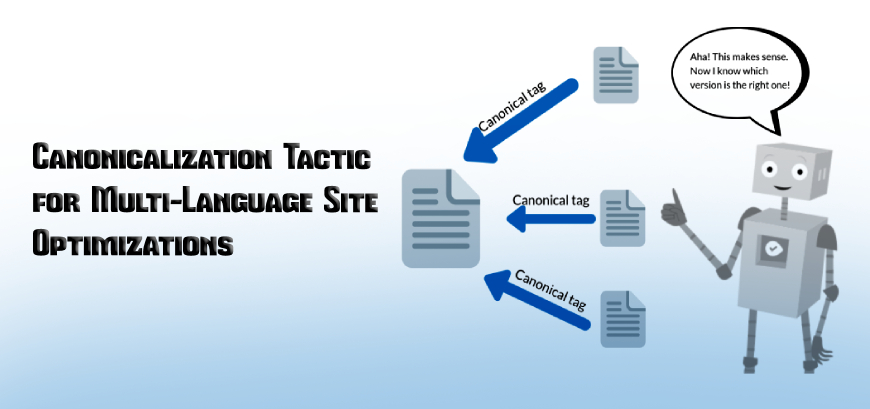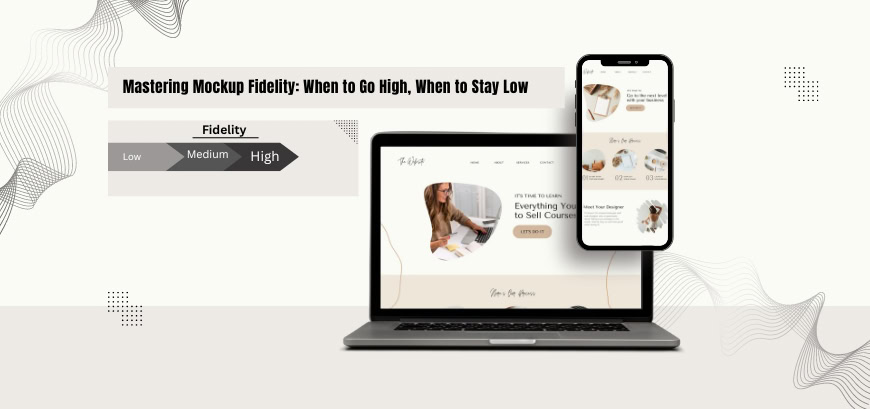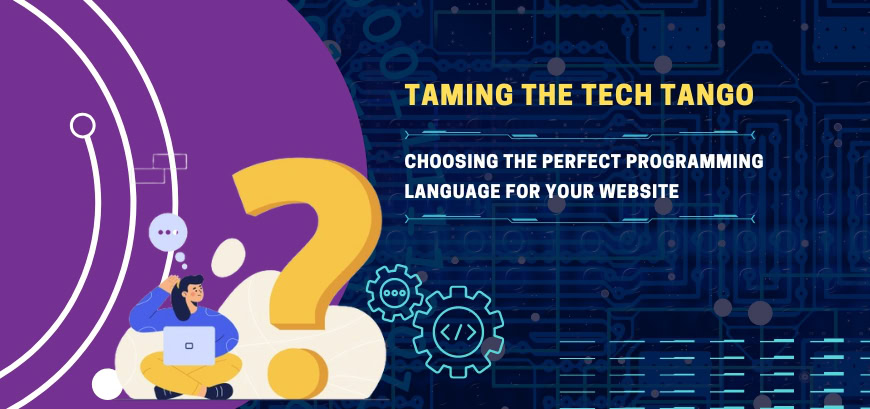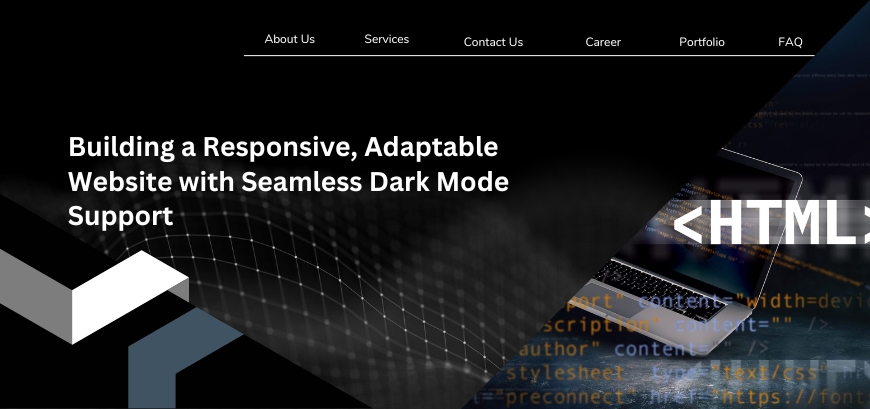As the internet expands to link people all over the world, website owners have the difficulty of catering to a wide range of linguistic and cultural preferences. Multilingual websites have become a must-have for companies trying to expand their worldwide reach. However, from an SEO standpoint, managing a multi-language site might be difficult. Canonicalization, or selecting the preferred version of a page, becomes critical in ensuring that search engines correctly comprehend and index your site. This blog will look at advanced canonicalization strategies for optimizing multilingual websites and enhancing search engine results.
Table of Contents
Understanding Canonicalization
Canonicalization is a fundamental web optimization procedure involving the identification of the preferred rendition of a webpage from an array of existing versions. This practice carries particular significance for websites featuring content in multiple languages, as it serves the vital purpose of mitigating potential issues related to duplicate content, enhancing search engine optimization (SEO) performance, and ultimately elevating the overall quality of the user experience on the website.
Some Advanced Canonicalization Strategies for Multi-language Websites:
- Hreflang Tags: Hreflang tags are HTML elements that inform search engines about the language and geographic targeting for a certain website. By effectively employing hreflang tags, you assist search engines in understanding the language and geographical targeting of your pages, lowering the chance of duplicate content issues.
- Canonical Tags: Canonical tags, commonly known as rel=”canonical,” indicate which version of a page is favored. It is critical for multi-language websites to include canonical tags on each page that point to the canonical version in that language. This helps search engines determine which pages to prioritize.
- Subdirectory or Subdomain Structure: Maintain consistency in your multi-language site structure, like example.com/en/ or en.example.com. To achieve appropriate canonicalization between subdirectories or subdomains, use 301 redirects.
- Consistent URL Structure: Maintain a uniform URL structure across all language variants. For example, if your English page URLs follow a specific pattern, use the same pattern for other languages. This allows search engines to better grasp the relationship between pages.
- XML Sitemaps: Make an XML sitemap for each language version of your website. This simplifies the process of search engines crawling and indexing your content.
- Handling Regional Variations: If your site caters to specific regions, use subdirectories or subdomains to distinguish regional content. Use hreflang tags in conjunction with regional language codes to identify the intended audience for your content.
- User-Generated Content: If your site incorporates user-generated content, keep an eye on it and moderate it as needed. Duplicate content concerns can arise when user-generated material is created in various languages. Ensure that search engines recognize the content’s canonical version.
- Robots Meta Tags: When you wish to prevent search engines from indexing or following specific language versions or sections of your site, use the “noindex” and “nofollow” attributes in the robots’ meta tags.
- Server-Side Detection: Use server-side language detection to direct users to their preferred language based on browser settings or IP. However, always include a means for customers to switch to another language if necessary.
Conclusion
Managing a multi-language website can be challenging, but advanced canonicalization ensures accurate search engine indexing. This improves not only your site’s SEO but also the user experience for visitors from various linguistic and cultural backgrounds. As the global online audience grows, optimizing your multilingual site is critical for being competitive in the digital marketplace. SEO is an ongoing process, regularly assess your site’s performance and adapt canonicalization strategies to sustain your search engine presence and ranking.
Seeking an Outcome-Oriented Digital Marketing Firm?
Altis Infonet Pvt Ltd is a Web Development and Digital Marketing company with a focus on client servicing through knowledge-based solutions. Our team of experts will help make your digital dreams come true!





